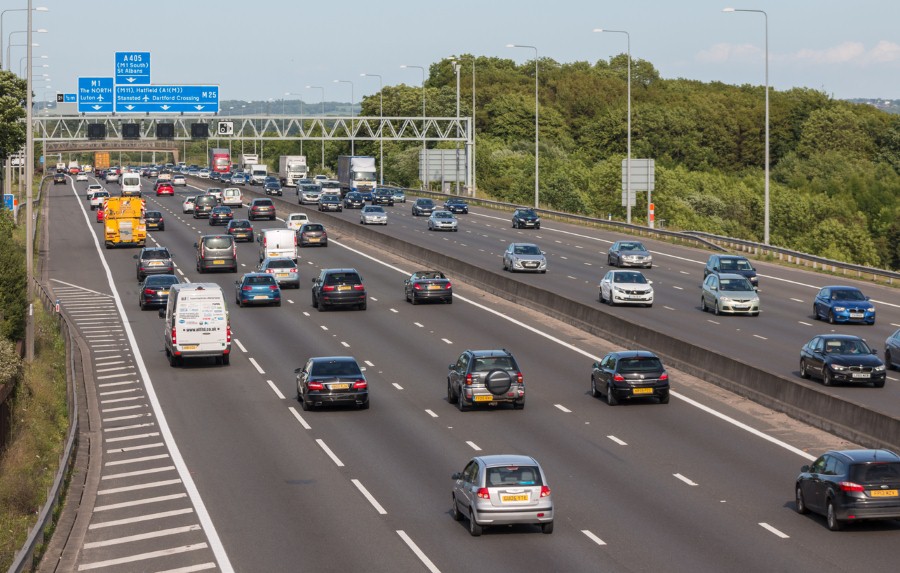The motorway hard shoulder is redundant, it has been claimed.
Motorists no longer have a need for a hard shoulder, thanks to improvements in vehicles and the advent of smart motorways.
This is the opinion of Matt Pates, East Midlands regional traffic operations manager for Highways England, who told the BBC the strip of road traditionally found adjacent to the innermost lane has been made redundant.
He said hard shoulders are not "hospitable" places for drivers to be anyway, and that motorways are "as safe, if not safer" without them.
Mr Pates pointed out that the hard shoulder came about decades ago, when cars were far less reliable and drivers would have little advance warning should they start to fail. Now, vehicles are typically safer and can alert their owners when faults occur, meaning there is less need for an emergency lane.
Around 400 miles of motorway in Britain have been converted into smart motorways, with three different types currently in operation: controlled, where people cannot drive in the hard shoulder; dynamic, where the hard shoulder can be opened for motorists; and all lanes running (ALR), where the hard shoulder has permanently become a lane.
Some 113 miles of motorway in England are currently listed as ALR, with emergency refuge areas every 2.5km.
However, the increasing eradication of the hard shoulder has been vehemently opposed by some road safety workers, as well as a cross-party group of MPs that has called for a safety review of smart motorways.
They point out that removing the hard shoulder makes it harder for emergency workers to reach the scene of an accident, as well as posing a danger to breakdown assistance and other motorway workers.
Head of roads policy at the AA also told the BBC he dislikes the fact that emergency refuge areas are not close enough together, adding: "We get the need to deal with congestion, but safety can't be the compromising factor."
It remains to be seen if all hard shoulders will eventually be removed from Britain's roads.
